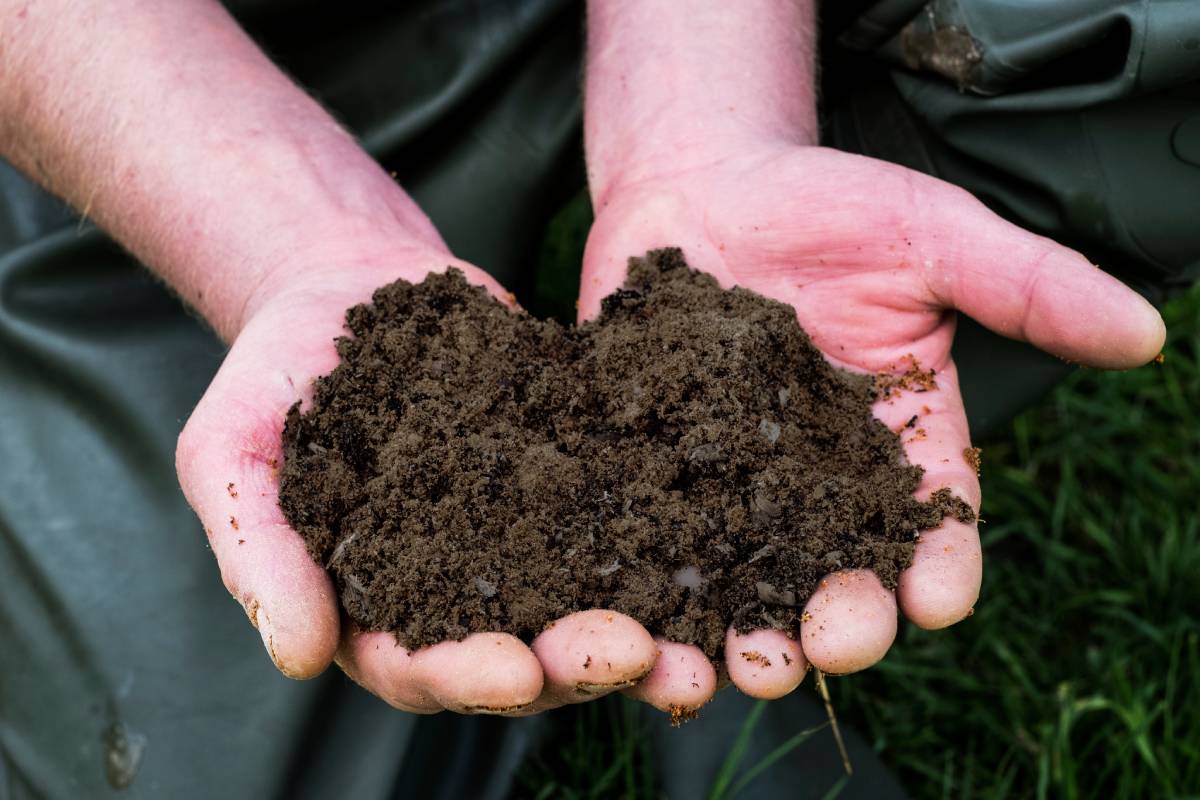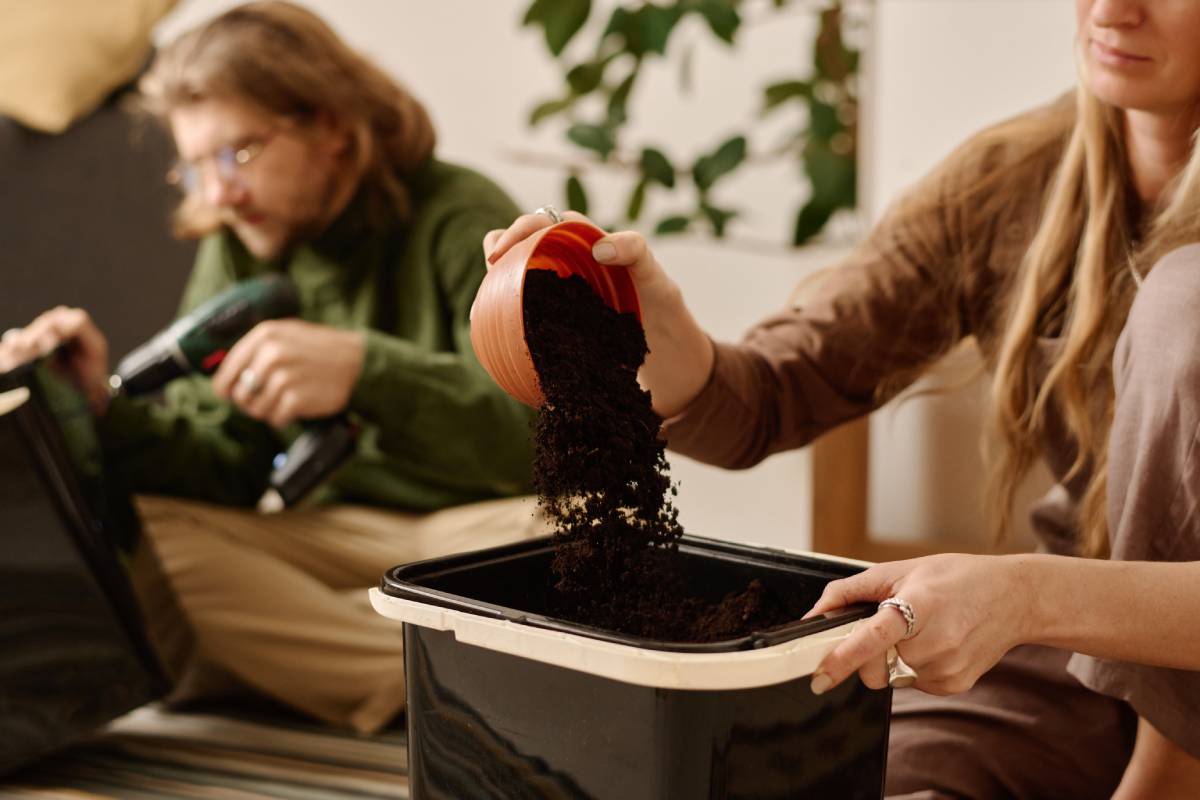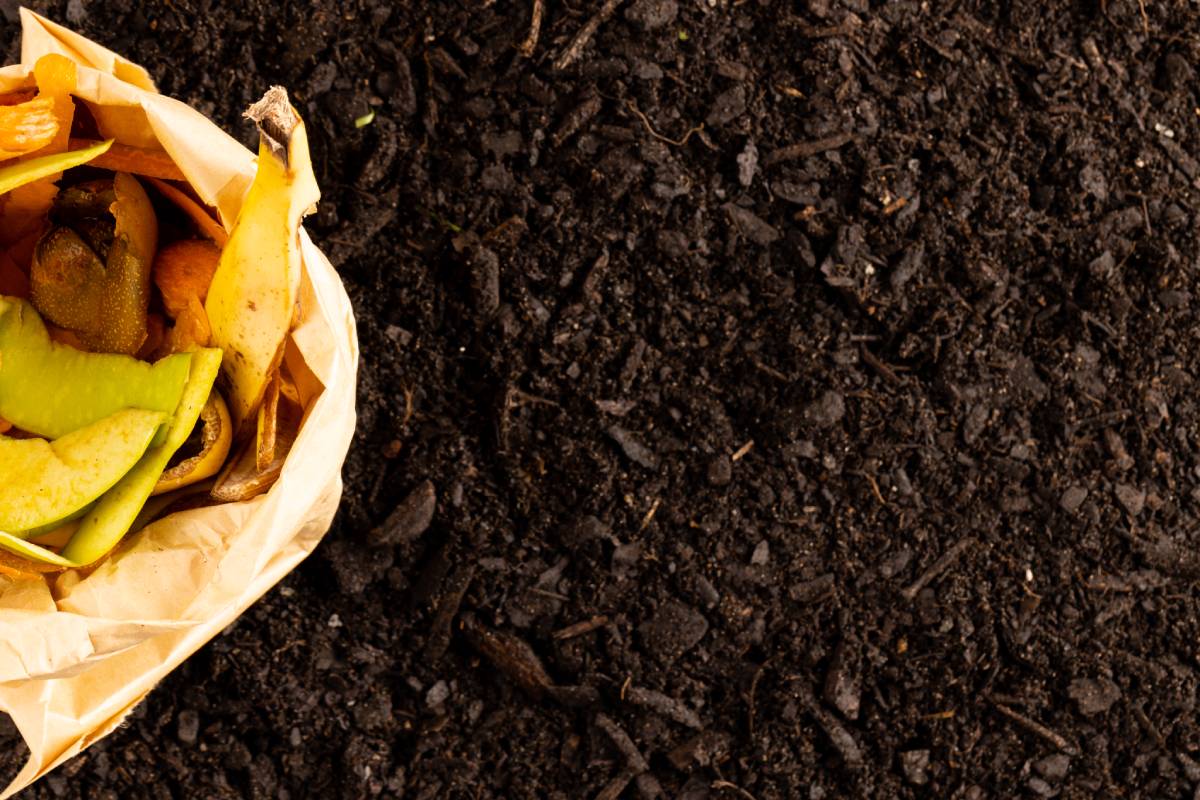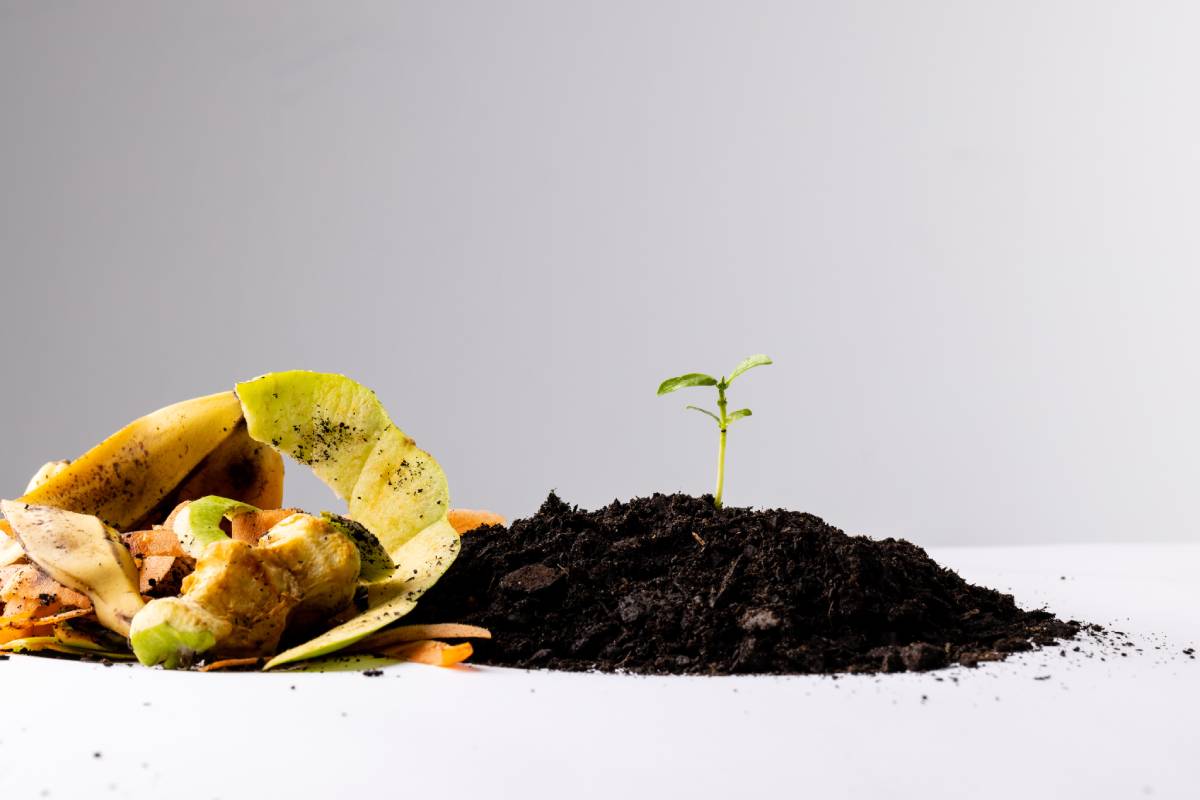Food waste is a major global issue and it’s something we should all be talking about! In Thailand alone, millions of tonnes of food waste end up in landfills each year, creating methane, a potent greenhouse gas that is contributing to our planet’s rising temperatures.
Composting offers a fantastic solution, but traditional composting methods can be time-consuming, require space, and aren’t always convenient for everyone…
Enter the electric composter: a countertop appliance that promises to turn your food scraps into nutrient-rich compost in a matter of hours!
But do they actually work? Are they better than traditional composting? Let’s break it down…
Do Electric Composters Actually Work?
Yes, electric composters do work – it’s not just some gimmick. These awesome machines rapidly turn your kitchen scraps into nutrient-rich fertilizer by creating perfect conditions for organic matter to break down and for the helpful microorganisms to thrive! They stimulate and accelerate aerobic decomposition through three distinct cycles: drying, mixing, and cooling.

How Does an Electric Composter Work?
So, how does an electric composter actually work? Here’s a simplified breakdown of the electric composting process, to give you an idea:
-
- Add Food Scraps: Fill your electric composter with your food scraps, including fruit and vegetable peels, coffee grounds, eggshells, and tea bags (be sure to check your specific model’s guidelines though as there are exceptions).
- Microbial ‘Digestion’: Mimicking the human digestive system, food scraps are placed inside along with micro-organisms that act as ‘digesters’. They break down the food into organic fertiliser in just 24-72 hours, and once you have added the microbes they self-replicate so it is a cycle that keeps going by itself.
- Heat and Rotation: The composter then warms up the interior, thus mimicking the natural decomposition process. The rotating blades or tumblers then begin to help break down the food scraps further – speeding the process along.
- Moisture Control: Some electric composters feature a ventilation system to manage moisture levels while also preventing odours from escaping and stinking out the house. That, and it also helps to ensure optimal decomposition.
- Finished Product: Within a few hours (depending on the model and amount of food scraps), you’ll have a batch of “electric compost” ready to use in your garden! It’s as simple (and easy) as that!
Electric Composter vs. Food Waste Dehydrator:
It’s important to distinguish electric composters from food waste dehydrators. Dehydrators simply remove moisture from food scraps, resulting in concentrated food waste that still needs further composting to break down before it can be used to fertilise your plants.
On the other hand, electric composters actively break down the food scraps through a combination of heat, rotation, and often, microbial cultures, thus creating a usable soil amendment that can be applied immediately!
So, if you want something fast-acting with minimal interaction on your part, we highly recommend choosing an electric composter over a food waste dehydrator.

Is an Electric Composter Better Than Regular Composting?
Now for the showdown! Which is better between traditional composting and an electric composter?
Both traditional composting and electric composting have their pros and cons, let’s break them down for you:
Traditional Composting:
- Pros:
- Free
- Natural process
- Creates large quantities of compost
- Suitable for large gardens.
- Cons:
- Not as easy as you might think (you might end up with a pile of rotten food)
- Requires space
- Can attract pests and rodents
- Takes a long time to decompose food scraps.
Electric Composting:
- Pros:
- Convenient
- Fast decomposition
- Odour-controlled
- Ideal for small spaces and apartments.
- Easy to use
- Cons:
- Cost
- Requires electricity
- Produces smaller quantities of compost when compared to traditional composting (However, the compost is very concentrated, therefore it can be mixed with additional soil to increase the quantity 8-10 times.)
Ultimately, the “better” option depends on your specific needs and lifestyle. If you have a large garden and space for a compost pile (and indeed the time to wait), traditional composting might be the way to go.
However, unless you get the right mix of browns, greens, moisture and oxygen. You could end up with a big smelly pile of messy rotten food waste.
For those with limited space or who prioritise convenience and speed, electric composting offers a viable alternative indeed!

Are Electric Composters Bad for the Environment?
While electric composters do use electricity, the environmental benefits of diverting food waste from landfills far outweigh the energy consumption – so you can relax.
The reality is: that landfill methane emissions are a major contributor to climate change and by diverting your food waste, electric composters help reduce greenhouse gas emissions significantly.
If we all chipped in and started composting our food waste, it would make a big difference!
Benefits for Individual Households:
Electric composters offer several advantages for individual households:
- Reduce Food Waste: Electric composting encourages you to reduce food waste by providing a more convenient way to dispose of your scraps.
- Nutrient-Rich Compost: Even in small quantities, electric compost provides a highly valuable source of nutrients for your plants.
- Odour Control: Unlike traditional compost bins, electric composters are virtually odour-free, thus making them ideal for indoor use.
- Convenience: Electric composting eliminates any need for a dedicated outdoor composting space, making it perfect for apartments or those with limited outdoor space at home.
Final Thoughts
Electric composters are a fantastic innovation for tackling food waste, particularly in urban environments or for those with limited square footage.
While they may not entirely replace traditional composting entirely, they do offer a convenient and effective way to reduce waste and create valuable compost for your garden and potted plants at home.
As technology advances, we can expect even more efficient and eco-friendly electric composting solutions in the future! Watch this space…


